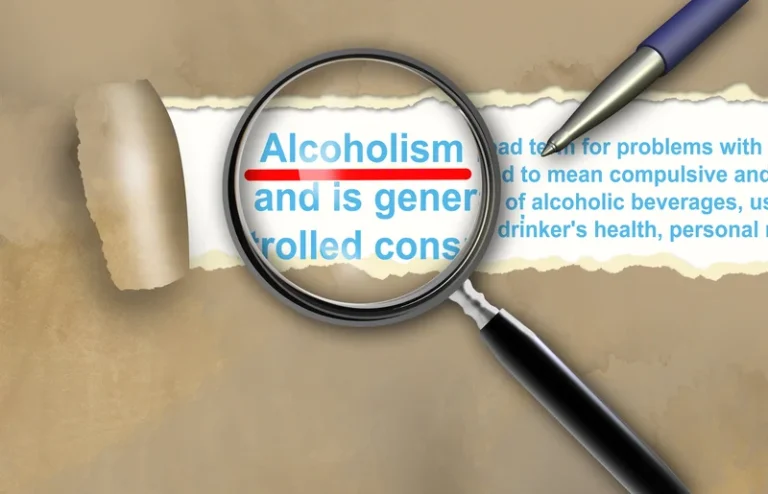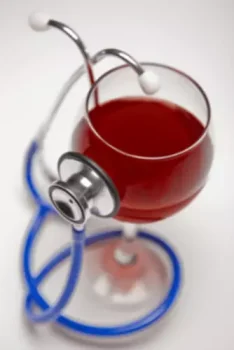It was found that thought suppression mediated the association between the toughness masculine norm and alcohol-related aggression. Alcohol use and anger can both be treated using psychotherapy approaches rooted in cognitive behavioral therapy (CBT). Extreme happiness, or euphoria, is another common experience during drinking. As a positive, unalarming emotion and one that others are used to seeing, however, happiness isn’t on the radar as much as anger. Alcohol is known for its ability to amplify emotional expression and inhibition.
- Learning to be more responsible for your actions takes time, but it’s a necessary step for individuals who have alcohol and anger management problems.
- Then they gave some participants a drink consisting of five parts orange juice to one part strong alcohol (190 proof).
- It can be difficult to handle a situation like this, but with patience, understanding, and help from professionals, you can learn how to deal with an angry drunk spouse.
- Since your judgment becomes clouded when you’re intoxicated, a simple misunderstanding can quickly turn into a bar fight.
- I believe we’re capable of bringing about positive change through collective action.
- Angry drunks might clench their fists or jaws, have a tense posture, and avoid eye contact – all signs of hostility and aggression.
Alcohol and Personality Changes
Consult with a mental health professional and/or an addiction specialist who can provide resources and recommendations for treatment options. The study concluded that alcohol increased the odds of physical aggression in those men who had high trait anger and poor anger management skills. It also noted that sexual aggression was higher with alcohol, even in men with low trait anger and reasonable anger management skills. People who tend to ignore the future consequences of their behavior, or score low on the Consideration of Future Consequences (CFC) scale, have been found to display more aggression.
Alcoholic Rage Syndrome: What It Is and How To Overcome It
Early recognition empowers individuals to seek help, whether it’s contacting professionals, removing oneself from a potentially dangerous environment, or engaging in de-escalation techniques. Ultimately, understanding and acting upon these early warnings are vital steps toward protecting oneself and loved ones from the adverse effects of alcohol-induced aggression. Once again, we found that when inhibitory cues were noticeable and unavoidable – in this case, cues that increase self-awareness – aggression was reduced among drunk participants. And, of interest, exposure to self-awareness cues only reduced aggression for heavy drinking men who endorsed certain traits that suggest receptivity to self-introspection (Purvis, Gallagher, & Parrott, 2016). My colleagues and I have conducted several studies which support this idea. In these studies, male participants drank a dose of alcohol that placed them above the legal limit for driving a car – an average breath alcohol concentration of .09%.
Aggression?
In many of the cases, writers ask if it is true that alcohol consumption can cause personality changes and if the rageful comments made by the inebriated individual can be true. Continue reading to learn more about the link between alcohol and anger, including which risk factors exist, how alcohol-related aggression can be dangerous and more. By understanding how alcohol abuse influences your mood, you can learn to make positive choices instead of ones you may regret. Sometimes, drinking alcohol can cause people to become an “angry drunk”. Many people enjoy alcoholic drinks as a way of relaxing, sometimes to reduce the tension of socializing or to quiet an overactive mind. By contrast, some individuals’ alcohol consumption contributes to their anger, hostility, and even aggression.

The Psychology Behind Alcohol-Induced Aggression
- If you find yourself in a situation with someone who is angry while intoxicated, the first step is to assess your level of risk.
- Here, we explore why some people get angry when they’re intoxicated and provide tips on how to stop being aggressive when you’ve had a drink.
- According to research compiled by the National Institute on Drug Abuse, alcohol use is a considerable contributing factor to sexual assault.
- If drinking causes a blackout, you may not even remember being aggressive unless someone reminds you about it.
The reason for these different effects is now better understood and may be the key to preventing alcohol from causing aggression. Factors like underlying personality traits, neurochemical makeup, and even the presence of disorders like antisocial personality disorder (ASPD) can influence alcohol-related aggression. Alcohol affects brain chemistry by altering neurotransmitters, which manage our mood and impulses.
Addiction Destroys Dreams, We Can Help
Alcohol is believed to have a myopic effect, causing drinkers to focus on the most important aspects of a situation while ignoring the more peripheral features. The first step in dealing with alcohol abuse is to stay calm and avoid any kind of physical confrontation. No matter how angry or frustrated you may be, it’s never okay to respond to aggression with violence or threats. alcoholic rage syndrome It’s also important to remember that your spouse is in the grip of a serious illness, and it’s not their fault that they are behaving the way they are. It is important to state that individuals react differently to alcohol. There are people who become “happy drunks.” They are people whose aggression is not released when they are drinking, even if they may become more outgoing.

Furthermore, alcohol can make you focus too much on specific words or behaviors from other people. If you see someone cut in front of you in line for the bathroom at a bar or concert, you may react aggressively when you otherwise wouldn’t mind. When drinking, it becomes increasingly challenging to interpret information logically. When it comes to anger specifically, people may experience a phenomenon called “alcohol myopia” in addition to their already heightened emotions. This scenario involves losing your sense of perception under the influence. As a result, you may be overly aggressive during a situation where you’d otherwise notice the cues that tell you to think more rationally.
Psychological “Baggage” and Social Influence
- We might also misread social cues and lash out in response to perceived slights, nonexistent threats, or frustrations.
- “If you carefully consider the consequences of your actions, it is unlikely getting drunk is going to make you any more aggressive than you usually are,” Bushman added in a statement.
- It’s not always easy to tell the difference at first glance, but there are clear signs you can look for.
- Becoming angry when intoxicated can lead to domestic violence incidents.
Plus, we’re always introducing new features to optimize your in-app experience. We recently launched our in-app chatbot, Melody, powered by the world’s most powerful AI technology. Melody is here to help as you adjust to a life with less (or no) alcohol. The Reframe app equips you with the knowledge and skills you need to not only survive drinking less, but to thrive while you navigate the journey. Our daily research-backed readings teach you the neuroscience of alcohol, and our in-app Toolkit provides the resources and activities you need to navigate each challenge. These figures show a significant rise in familial conflicts linked to alcohol-induced anger over just three years.
Age, gender, and drinking patterns matter

However, people we polled between the ages of 20 and 29 were the most likely to experience negative feelings like anxiety, sadness, and a sense of being overwhelmed. More than half of everyone we polled – regardless of age – told us that drinking alcohol also made them feel depressed at one point or another. In the recent months, we have received plenty of questions and comments about alcohol abuse. All of the posts mention feelings of shock about the way the writers have been treated by their spouse or significant other when they have been drinking.
